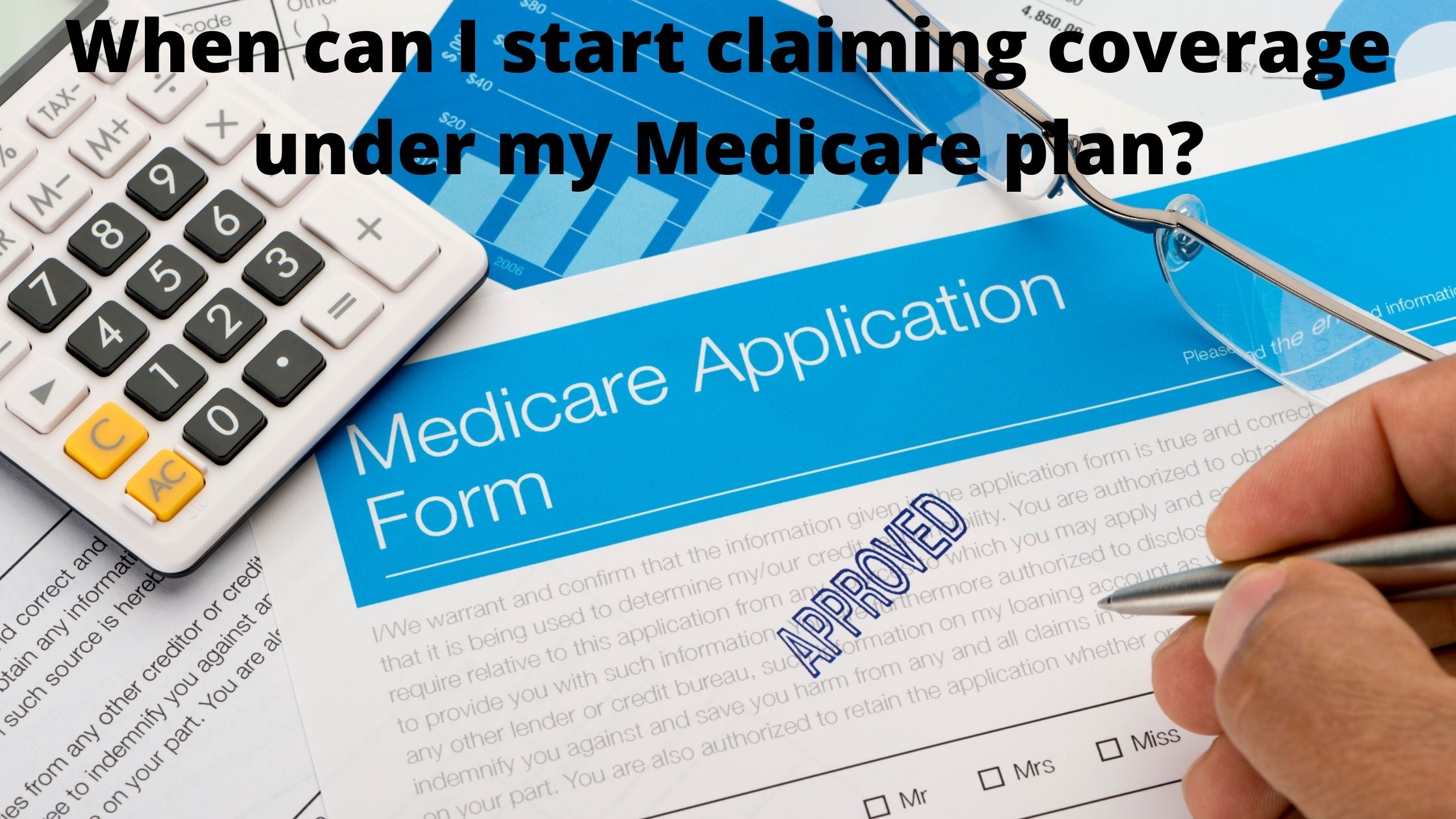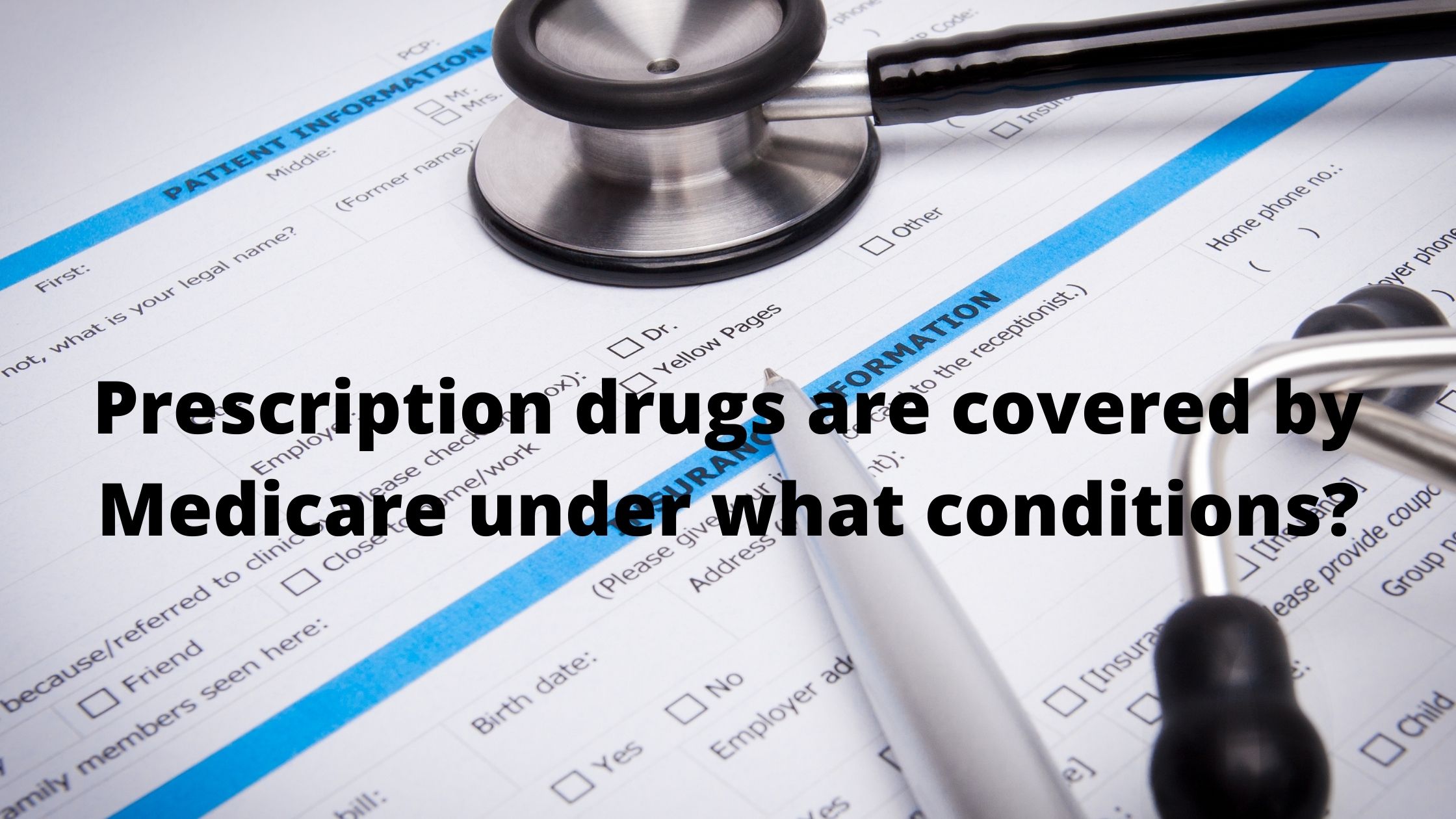Prescription drugs can be expensive, which is why many people take them only when they absolutely need to. However, there are a few Medicare plans that cover prescription drugs. Here’s a look at each of them and what they cover.
What is Medicare?
Medicare is a government-run health insurance program that provides coverage for people age 65 and older, as well as some people with disabilities. Medicare covers a wide range of medical expenses, including prescription drugs.
Most Medicare plans include at least one prescription drug plan, which can cover most or all of your medications costs. If you have special needs or are taking multiple medications, your plan may also include additional coverage.
There are two types of Medicare prescription drug plans: Part D and Part B. Part D covers medications costing $2,700 or more per year and Part B covers medications costing less than $2,700 per year.
If you have questions about your Medicare prescription drug plan or need assistance enrolling in it, call the toll-free number provided on the back of your card or go to the website Medicare.gov.
Types of Medicare Plans
Medicare plans are categorized according to the types of drugs they cover.
There are five types of Medicare plans: Part A, Part B, Part C, D, and E. Each type of Medicare plan has different benefits and coverage for prescription drugs.
The five types of Medicare plans are:
– Part A: This plan covers inpatient hospital services and doctor visits. It does not cover outpatient services or prescription drugs.
– Part B: This plan covers outpatient services, doctor visits, and some inpatient hospital services. It does not cover prescription drugs.
– Part C: This plan covers outpatient services, doctor visits, and some inpatient hospital services. It also covers prescription drugs if they are prescribed by a doctor who is affiliated with a Part C network. The cost of prescription drugs covered by this plan is based on the average price for the same drug in the United States.
– D: This plan is for people who are age 65 or older and have limited income. It covers outpatient services, doctor visits, and some inpatient hospital services. It also covers prescription drugs if they are prescribed by a doctor who is affiliated with a D network
How does the Medicare Plan Cover Prescription Drugs?
Medicare plans typically cover prescription drugs in one of two ways: as part of Part D, the Medicare prescription drug plan, or through a separate Medicare supplement plan. While there are some variations among the plans, all of them generally cover the cost of prescriptions drugs with copayments and premiums.
Some people might think that their Medicare plan doesn’t cover prescription drugs because they don’t see the word “prescription” in the list of covered benefits. However, Medicare coverage for prescription drugs is very comprehensive – it includes both Part D and supplementary plans. So, whether you have a standard Medicare plan or a specialized supplement plan, you’re likely to have coverage for prescription drugs.
While each individual’s circumstances will vary, most Medicare prescription drug plans provide the following benefits: Coverage for most medications including generics and top-brand medications
No copayments or premiums for generic medications
No copayments or premiums for brand-name medications
Depending on your circumstances and plan, you may also be able to get additional benefits such as free samples of medications and access to specialty pharmacies.
If you have questions about your specific Medicare prescription drug coverage
Prescription drugs are covered by Medicare under what conditions?
Medicare plans generally cover prescription drugs as long as you meet the conditions listed in the plan. The most common conditions that would require prescription drug coverage are:
-You are covered by Medicare Part A or B
-You are receiving treatment from a doctor or other licensed healthcare provider
-Your prescription drug is approved by Medicare for use in treating a specific condition
When can I start claiming coverage under my Medicare plan?
If you are a Medicare beneficiary, it is important to know that there are different plans that cover prescription drugs. Some plans will cover 100% of the cost for certain medications, while others may only cover a portion of the cost. It is important to review your plan carefully to see if prescription drugs are covered.
The first step is to check with your Medicare plan administrator to see if prescription drug coverage is included in your policy. If it is not, you may be able to add this coverage through a Medigap policy or supplemental insurance policy.
Once you have determined that your prescription drug coverage is included in your Medicare plan, you should begin claiming the benefits. You can do this by filing a claim with your insurance company or by contacting the pharmacy where you are currently receiving your medication.
Conclusion
If you are a Medicare beneficiary and need to take prescription drugs, be sure to check with your Medicare plan to see if it covers these expenses. Not all plans do, so it is important to research your options and find one that will cover the costs of your medications. If you have any questions about whether or not your plan covers prescription drug expenses, don’t hesitate to call toll-free at 1-800-MEDICARE (1-800-633-4227).

